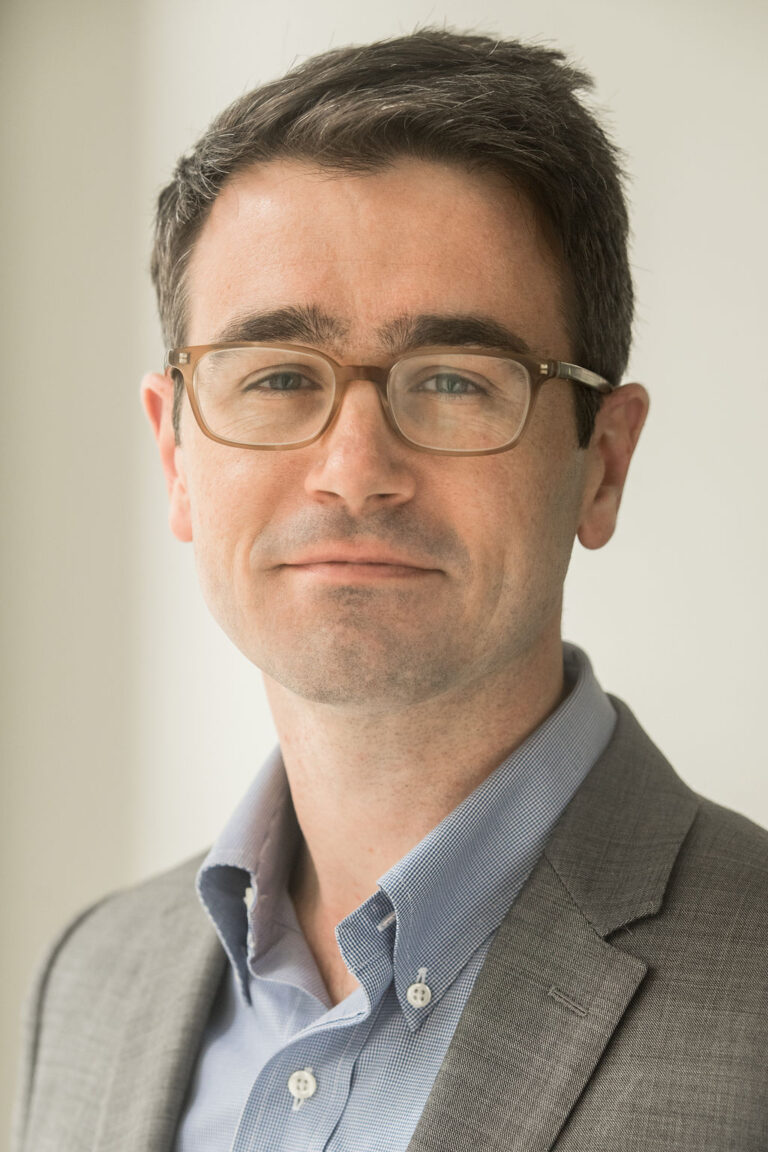
Faculty Spring 2021: Christopher Heaney
Assistant Professor of History
Inherent Corruption is a history of how museums in Peru, Chile, and Argentina have worked to claim and curate the pre-Hispanic dead exposed by looting and manmade climate change, from 1865 to the present. Those curations rest on their status as Andean “mummies,” some of them evidencing the world’s oldest attempts to artificially preserve the dead. In the nineteenth and early twentieth century, the export of these “Inca” and Andean mummies subjected them to the lesser climactic shifts of removal from dry environments, accelerating their decay. The Anthropocene, meanwhile, melted ice caps that kept others frozen, exposing them to looters, or raised the humidity of desertified coasts, reactivating rot. Andean scholars collaborate with foreign actors and funders to craft and maintain dry rooms and climate-controlled display cases, to replicate the science and environment of the dead’s original preservation—in effect, curating the past climate itself. But some also face Indigenous actors’ calls for museums to decolonize, to let the dead dissipate and rejoin their environment. Inherent Corruption, therefore, engages questions at the intersection of environmental humanities, the history of science and technology, and Native American and Indigenous Studies. Do the interests of science, and shared responsibility for colonialism and man-made climate change, charge us with perpetual care of the past, such as revisionist evidence of prior Indigenous technologies of care? Do we deploy energy, dependent technology to preserve history, and peoples, negatively affected by that very energy production? Is there an ethics of making peace with decay—or is that colonial violence of another sort?